For all of us who have horses, the c-word is one of the most terrifying emergencies we never want to encounter. However, the best way to face horse colic head-on is to educate ourselves as much as we can. Colic is basically stomach pain in horses. The only problem with this is that it can turn into an emergency because what a horse eats has to come out the other end. Here is some information on the different types of horse colic:
Gas Colic
Just what it sounds like, gas colic is a form of colic caused by a build-up of gas in a horse’s intestines. This is generally caused by too much fermentation in the hind-gut of the intestinal tract and this pressure can cause pain and discomfort in the horse.
Impaction Colic
When food stops moving through the intestines, it becomes a blockage or impaction. With this kind of colic, the horse can not defecate because the intestines are not able to move.
Sand Colic
Horses that live in sandy areas and are fed on the ground are more at risk for sand colic. This occurs when sand builds up in the horse intestinal tract.
Spasmodic Colic
A type of colic that happens when a horse has spasms or cramping in their stomach. This can be painful.
Twisted or Torsion Colic
This form of colic is a real emergency and life-threatening. Twisted or torsion colic is where the intestines twist on themselves. This form of colic is an emergency and if not treated or resolved can cut off the blood flow to the intestinal tract beyond the twist, causing it to die.
Intussusception Colic
Mainly caused by intestinal parasites, this form is not only hard to say 5 times fast, but happens when the intestines slide over themselves. Another really important reason to be sure to keep your horse on a regular deworming schedule.
Although the real cause of why the majority of horses have colic is generally unknown, we do know that quick changes to their diets or routines can cause it as well as intestinal parasites.
Signs of a colicky horse can include:
- Not wanting to eat
- Kicking at the abdomen
- Tail twitching
- Laying down and not wanting to get up and rolling
If you notice signs of colic in your horse, call your veterinarian. They will be able to listen for gut sounds with their stethoscope to narrow down to what type of colic your horse has. The faster you notice the signs and alert your veterinarian the better, especially if the colic is life-threatening. You should also entice your horse to get up and walk if they just want to lay down. Walk them until they defecate or release gas. Your veterinarian can then come up with a plan for pain medications and diet recommendations to try to prevent it from happening again. This may include smaller but more frequent meals and more exercise as this can help the intestinal tract to keep moving. Supplements can also be added to encourage intestinal motility.
Colic is scary, but knowing what to do and reacting quickly is the best way to help your horse if they ever have to experience it.
About the Author
Horse Courses by Elaine Heney
- Listening to the Horse - The Documentary by Elaine Heney & Grey Pony Films
- Shoulder In & Out Training for better balance, bend & topline development with your horse
- Over 110+ Polework Exercises & Challenges to Download
- Dancing at Liberty & Creating Connection with Your Horse (11 lessons) - Grey Pony Films
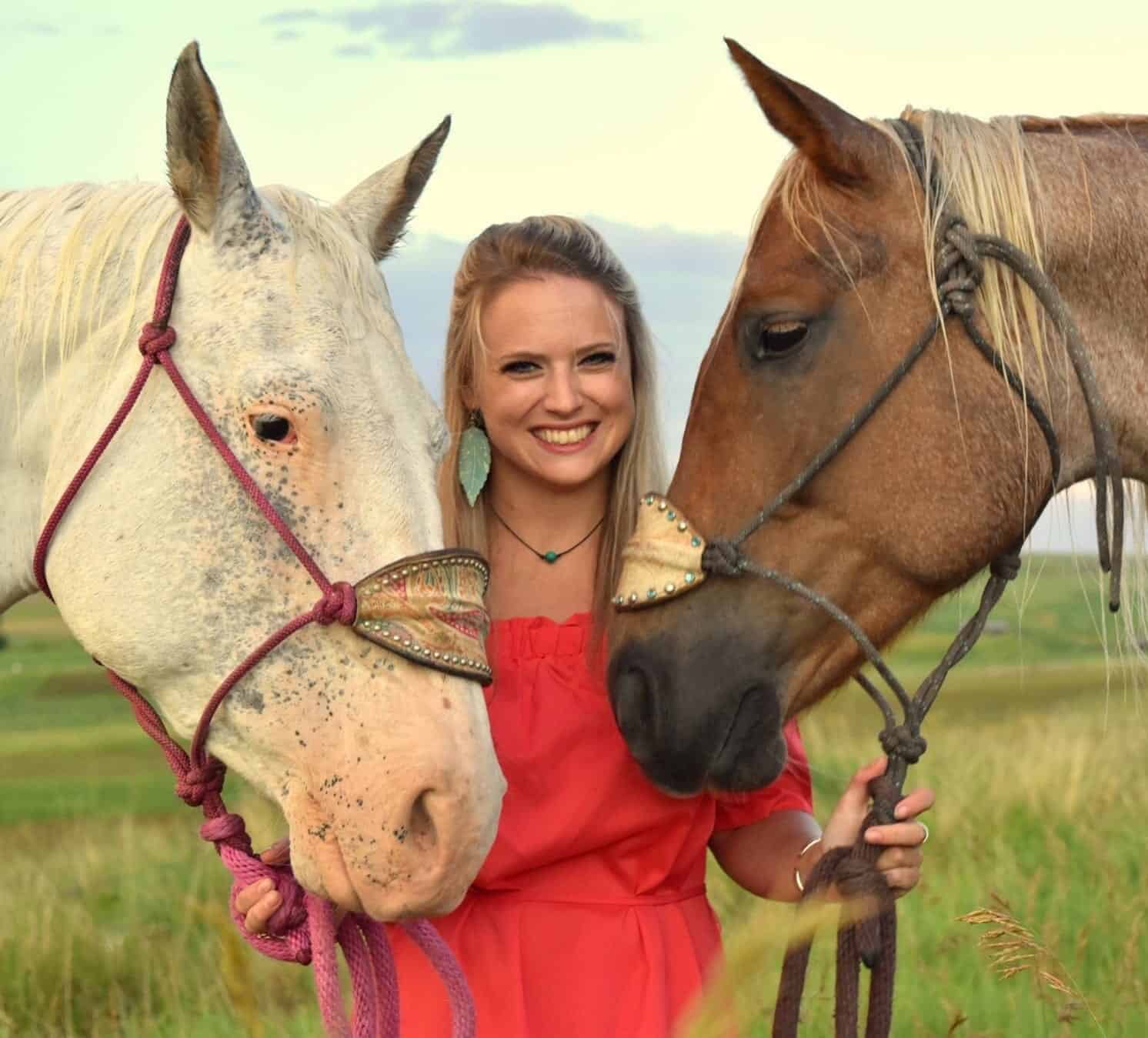
Her horses are her free time passion – Squaw and Tulsa. Dani has owned Squaw for 17 years and this mare has made 2 trips across the country with Dani! Squaw is a retired rodeo and cow horse. Her other mare, Tulsa, is an upcoming ranch horse. The girls have an unmatched personality and bond with Dani. She has been around horses her entire life and rodeoed throughout highschool and beyond. Now, she enjoys riding on the ranch, working cattle and trail riding.

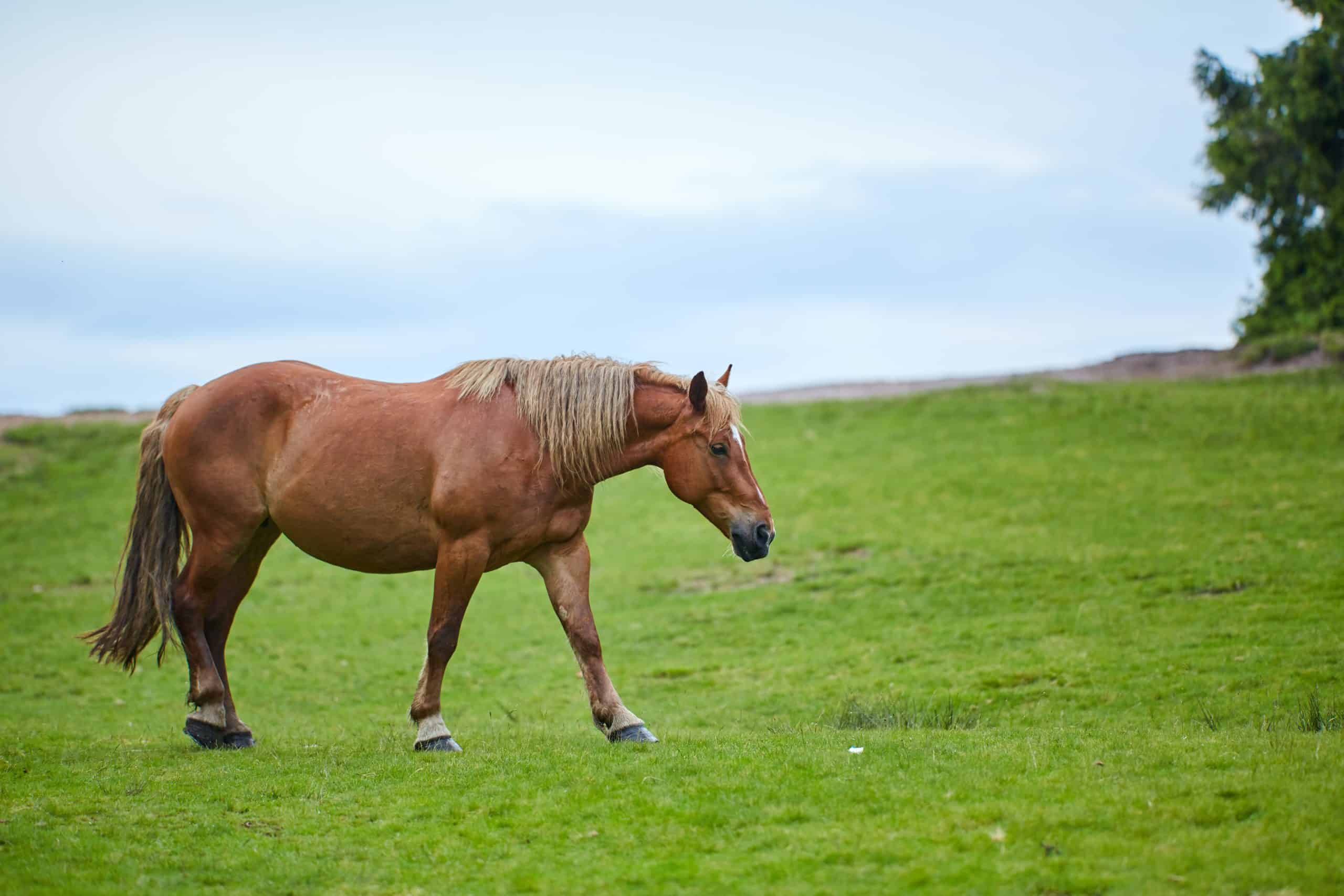
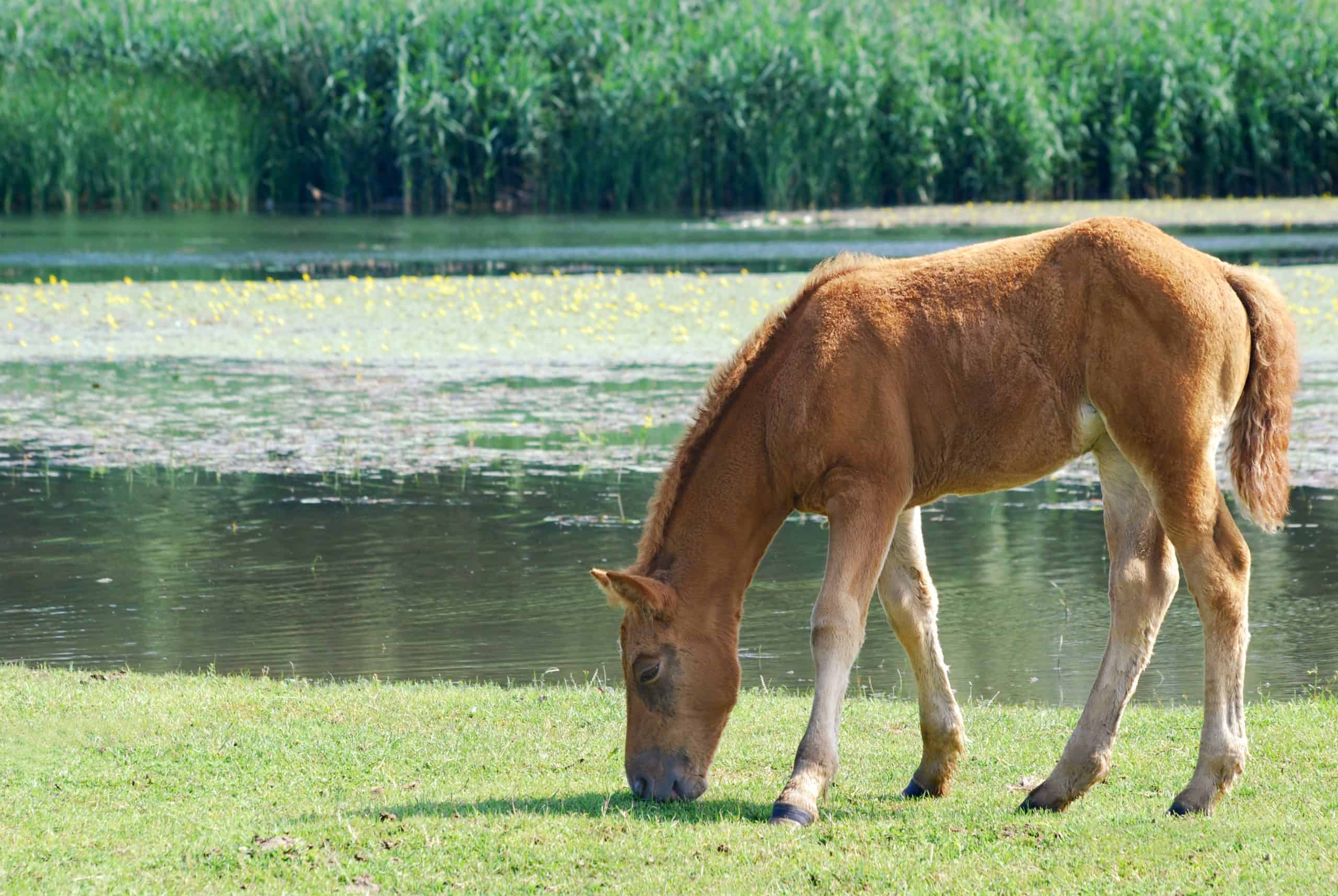
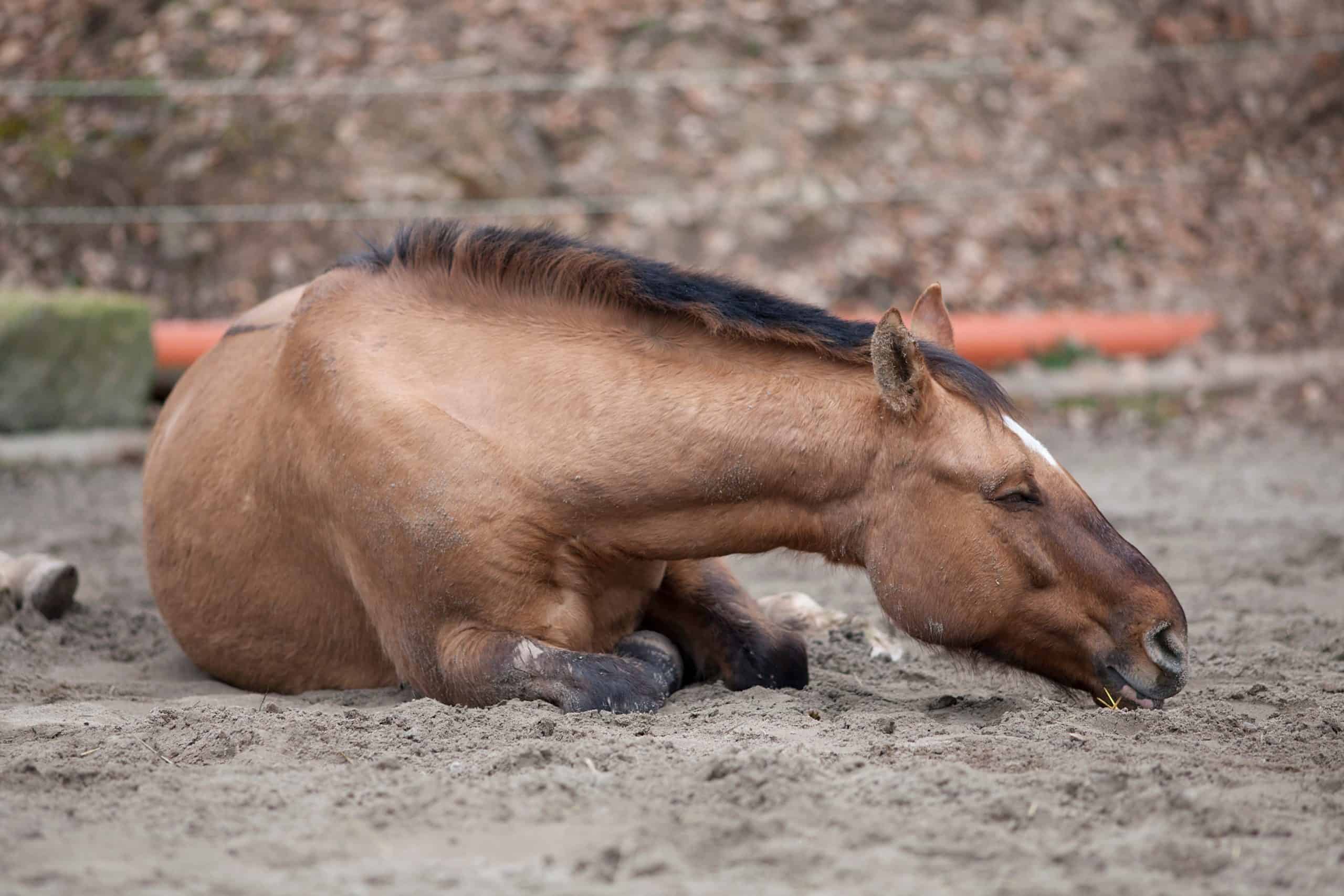
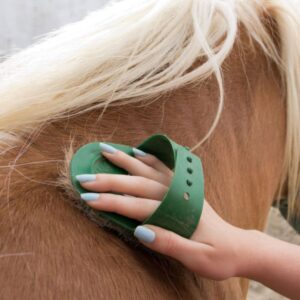
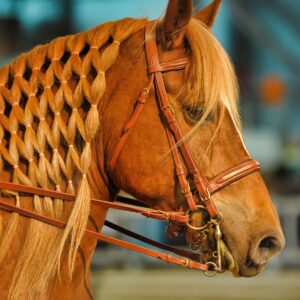
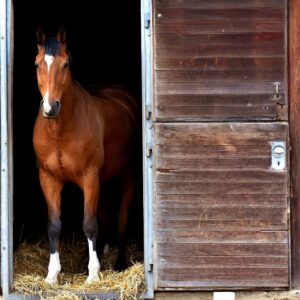
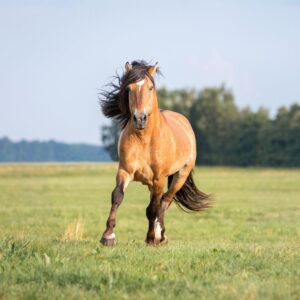
Misty
Thank you